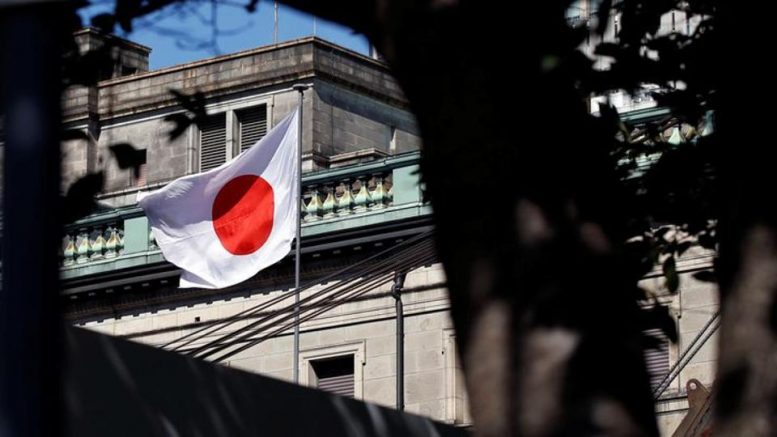Alicia García Herrero (Natixis) | After the Bank of Japan (BoJ) terminated the key non-conventional monetary policy tools in March, namely the negative policy rate and the yield curve control (YCC), evidence on a strengthening virtuous circle between inflation and wages has been limited. However, real wages -which fell by -1.8% year-on-year in February – are unlikely to turn positive soon. Furthermore, services inflation excluding imputed rent softened to +2.9% year-on-year in March from +3.1% year-on-year. On the other hand, goods inflation remained elevated at +3.3% year-on-year during the same period on the back of higher food prices and smaller energy subsides. This is partially due to the weak Yen given Japan’s reliance on imported energy and food.
A weaker Yen, thus, complicates the BoJ’s likely pause this Friday (given waning evidence of inflation becoming structural) because it hurts households’ purchasing power. Furthermore, as the US economy remains resilient with sticky inflation, the Fed is back to a more hawkish tone which does not help the Yen. On the back of higher US Treasury yields, a larger interest rate differential between the US and Japan has weakened the Yen above USDJPY = 154 for the first time in thirty-four years. Furthermore, higher energy prices on the back of rising geopolitical risks would increase the income transfer to overseas, which would challenge companies to raise wages due to their lower profitability.
These developments put the BoJ once again into a dilemma between supporting growth and stabilizing the Yen. For sure, Governor Ueda signaled a rate hike if a weaker Yen raises the underlying inflation significantly. However, our latest report reveals that Japan’s neutral rate remains negative, even if less than in the past. Such a negative neutral rate suggests limited room for the BoJ to hike again, which means that monetary policy will remain accommodative. Furthermore, it is unclear whether the highest wage growth in the past thirty-three years from the spring wage negotiation has translated into higher wages at a macro-level, when global economic uncertainties are intensifying.
Therefore, the Ministry of Finance (MoF) is anticipated to intervene in the foreign exchange market if the Yen depreciation continues. As a first step, the MoF already succeeded along with the US and Korean authorities to verbally intervene at the G20 meeting in Washington DC on April 17th by raising concerns on the rising volatility in the foreign exchange market. On the other hand, the BoJ is expected to remain on hold at the April 26th meeting to ensure that the virtuous circle between inflation and wages strengthens, which has been an important condition for the central bank to move out its ultra-lax monetary stance.
BoJ preview: a still negative neutral rate calling for pause notwithstanding weak Yen





